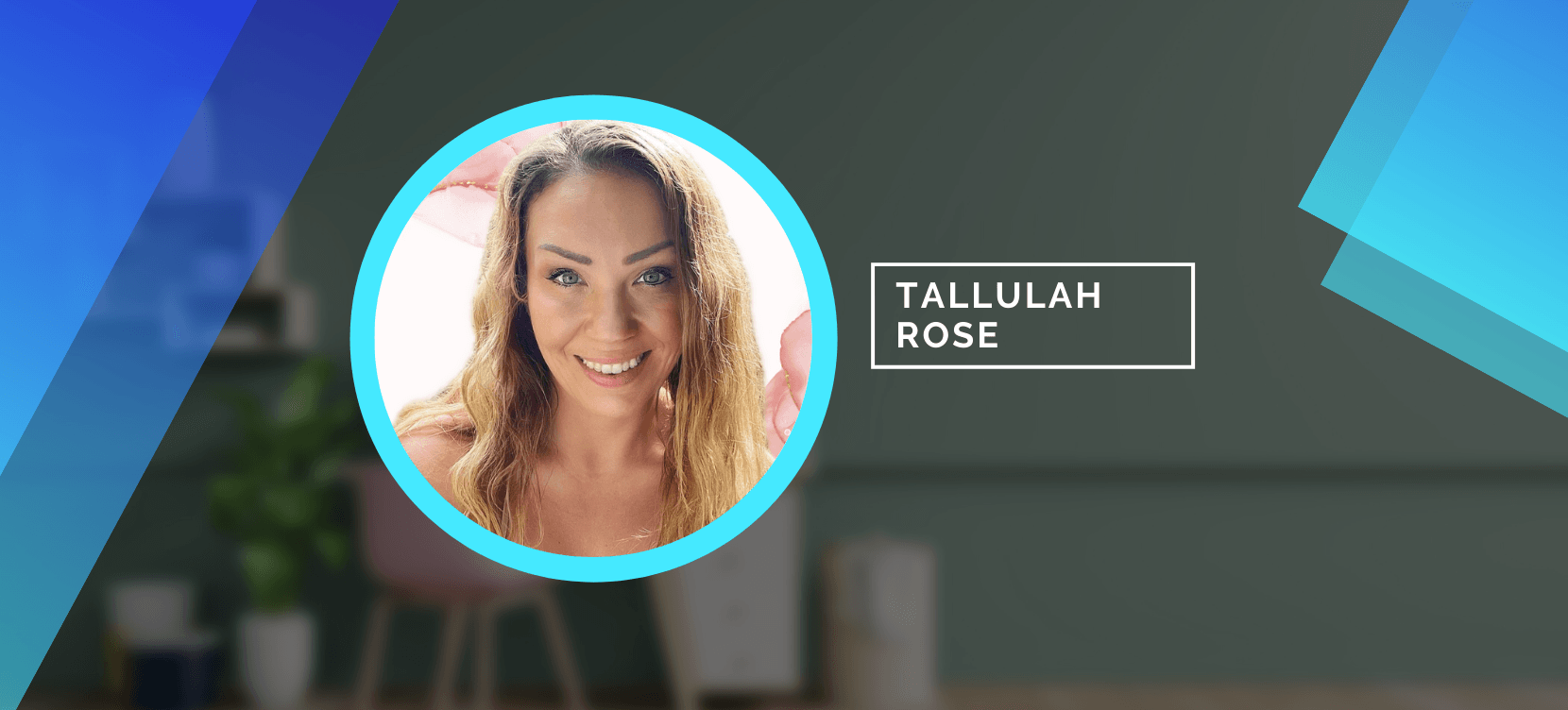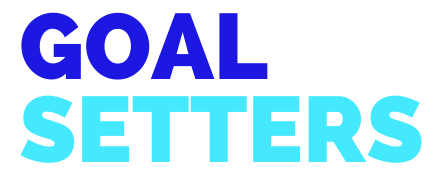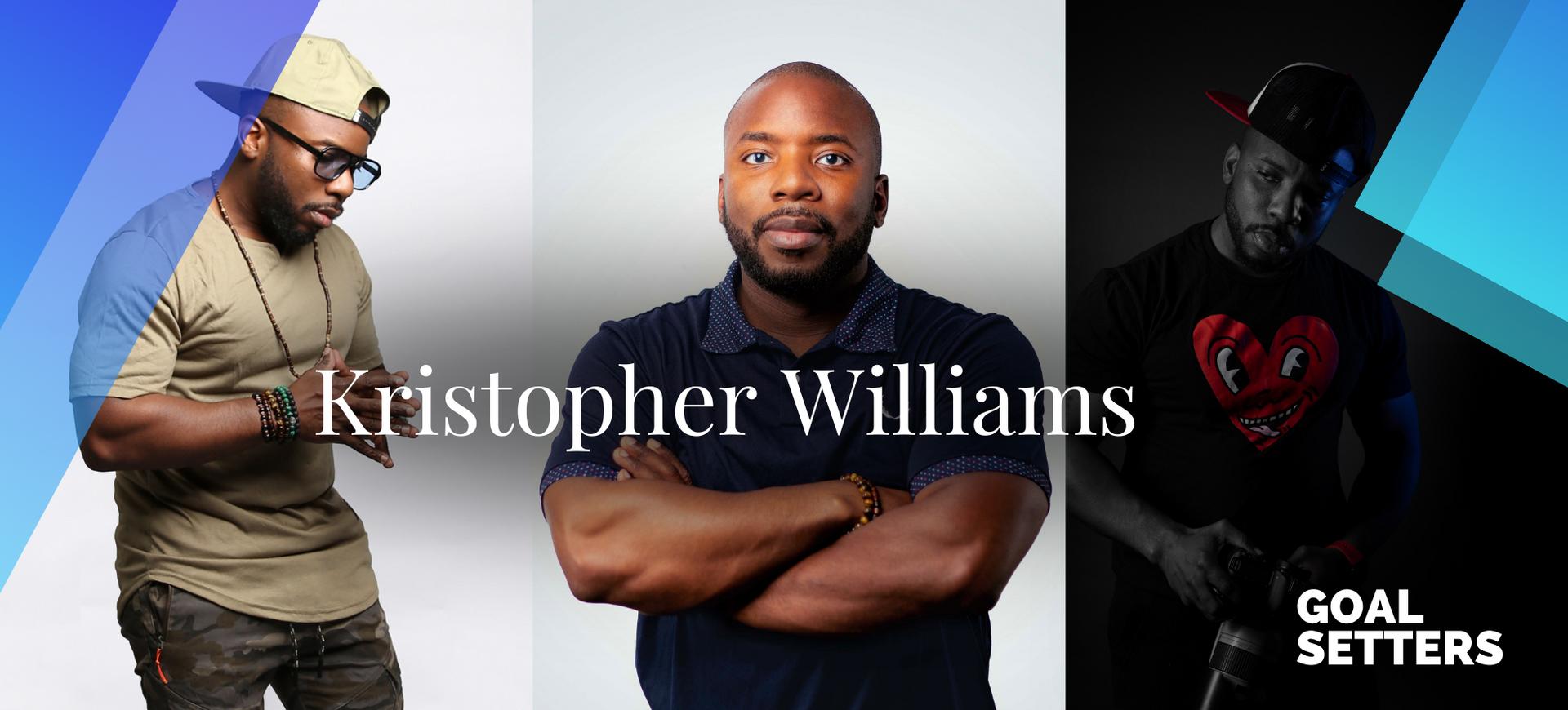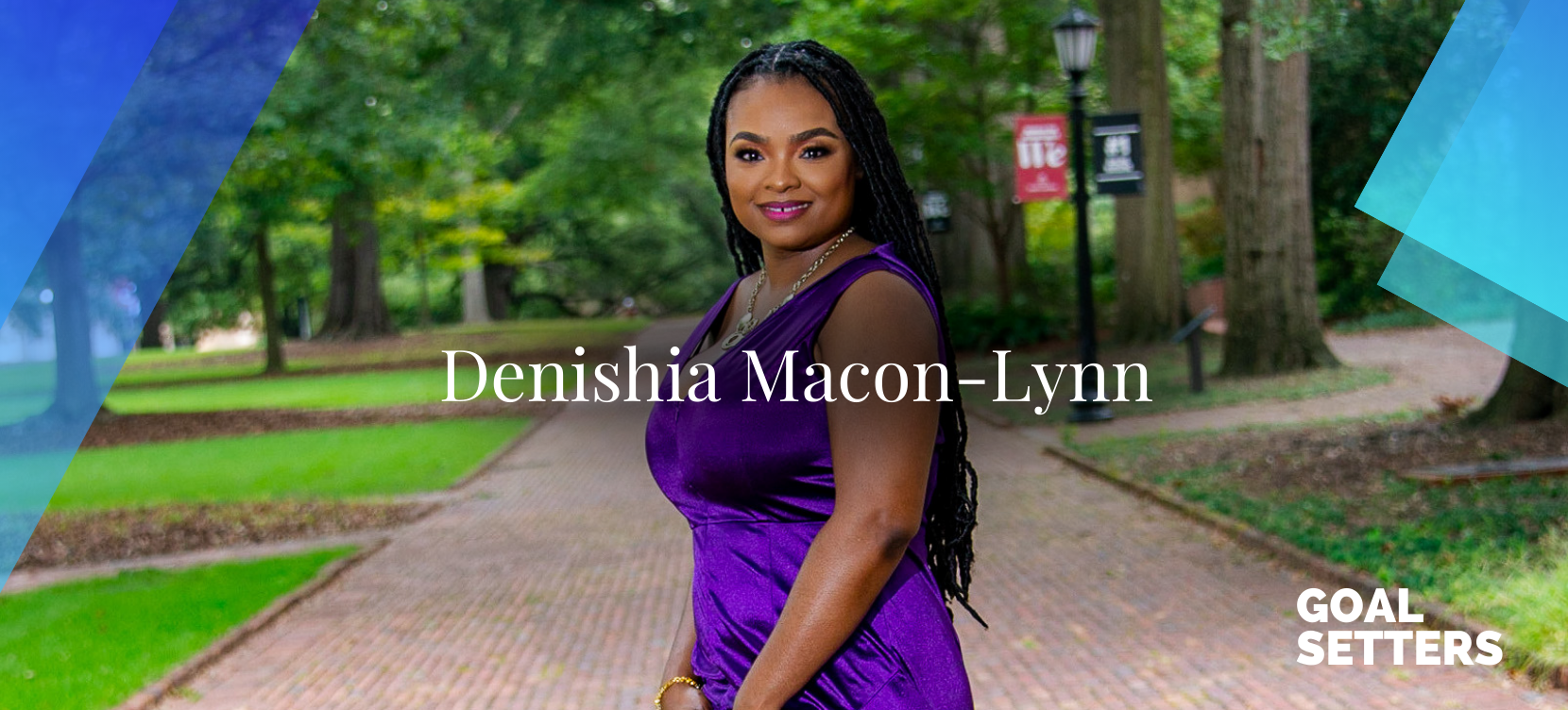How Tallulah Rose Took a Plan and Catapulted Her Boundaries Coaching Program
Written By: GoalSetters International

Setting goals contributed to most of my success, and I am sure it will continue to. The reason for this is because with a goal there needs to be a plan. And without a plan, I’m not getting to the goal. I know that sounds simple and obvious, but it took me a while to really put it into practice.
Tallulah Rose
Founder: Boundary and Empowerment Coach
Can you tell us what type of business you run and how long you've been operating this business?
I run a coaching business that caters to the person who gives until their veins are dry. Someone who has weak boundaries (or none at all), and is ready to empower themselves. I have been operating this business since September of 2021.
Can you share with us some details about how you got started in the Boundaries Coaching Industry?
I am teaching that which is my greatest life journey. For context: Codependency shows up in unbalanced relationships where one person is a “giver,” and the other the “taker.” People pleasing, on the other hand, is a more general behavior (such as trouble saying no, setting boundaries) that does not require the give-and-take of a codependent relationship. All codependents are people pleasers, but not all people pleasers are codependent.
I myself am a recovering people pleaser
and
codependent, I spent most of my life giving myself away to my workplace, my family, and my personal relationships. Examples of this are:
Providing extensive caregiving for my grandparents while trying to juggle a previous career as other family members sat back and provided little to no help- Becoming involved in a relationship with someone who struggled with drug addiction
- Taking on more projects at work than I could handle, leading to givng “free” hours of my time (many times with no reward)
All that to say, I got into this industry because it is
my
greatest work, and I believe fiercely in lifting others out of this cycle of self-sabotage.
What were some of the hardest moments of the decision of quitting your job?
- Criticism and fear-mongering received from family and friends. The first time I quit was from a 14-year career with the Social Security Administration where I had longevity, stability, and a 6-figure salary. The second time was after a year and half into a career with Stanford Health Care (and I quit a job in healthcare during a pandemic nonetheless – when my job was more secure than ever). But I was not happy. I wanted more. I still receive some comments about my decision here and there – but I ignore them. I can allow people to be wrong about me. I have clients to focus on, after all!
Losing out on camaraderie and teamwork, no longer being a part of something bigger than just me. Now I go out of my way to collaborate with other creators, have meaningful conversations virtually, and remind myself that my contribution matters – even if it isn’t as part of a larger organization.
Knowing that no matter how much I planned my finances before quitting, there was an element of uncertainty. I could not be certain the money I saved would carry me until my business started making money because, I don’t know when that will be. I have solved this problem for myself by always making sure I have alternative ways of bringing in income.
If you've had some challenges and roadblocks along the way, Can you share with us what some of those challenges have been in regards to starting or running this business and how you overcame them?
The biggest challenge and roadblock on the journey with this business has been my mindset.
In May of 2021, I resigned from Stanford. In July of 2021 I packed up my things and my dog into my car and drove from California to Georgia. I had planned on staying long term, but ended up returning two months later. The challenge was I had not planned for my side hustle to not be as profitable in Georgia. And so quickly, my bank account balance decreased. My grandmother also became very ill around that same time — and so I made the decision to come back so I could formulate a better plan and also to care for my grandmother.
I spent the first two months as a full time caregiver, which took the focus off of my business. I was disappointed I had done all of this — quit my job, drove across the country all bright-eyed and full of hope for a whole new life…all to come back with my tail between my legs in a sense. At least, that was my mindset. I made all of that mean I was failing, that I was behind, and beat myself up about how I should be doing more.
What helped me rise up above this was to question my thoughts consistently using thought work. That is, consistently questioning my self-degrading thoughts and replacing them with thoughts that feel good to me. That and I have my own coach. Technically, I have
three. One 1-to-1 coach and two that run group programs. Having the right support network has been everything to me. What can I say, I love coaching and love being coached!
After quitting looking back, do you have any regrets? Or think what if?
Mostly no. I only wish I had waited a bit longer to quit Stanford, because financially that became an issue once I was in Georgia. However, the reason I quit earlier than expected was because an opportunity came up to be in Georgia and I went for it. It was an amazing experience to travel across the county, just me and my dog. If I had been more financially prepared, maybe I’d still be there. But that’s okay. All of what I went through has prepared me for this current moment.
What do you love about your lifestyle now as an entrepreneur?
I help burnt out, stressed out men and women who have trouble with boundaries in the workplace and in their personal relationships. If someone isn’t familiar with what boundaries are, this looks like:
People who have trouble saying “No”- People who are often doing for others and giving to others at the cost of themselves
- People who care a lot about what other people think in regards to their career choice, their relationship choice, lifestyle, appearance, etc and make decisions for themselves with the approval of others in mind
- People who have trouble feeling uncomfortable emotions and tend to look outside of themselves for validation and worth
- People who feel they do not have much of an identity outside of what they give and do for others
My offerings and how I help:
3-months of 1-to-1 coaching- 1 hour per week spent with me providing direct coaching
- Access to me M-F for questions, feedback, or addressing situations that may arise
- In between sessions clients are provided tailored exercises to assist them in discovering more of who they are, creating their own identity, and interrupt negative thought patterns. These are addressed in the sessions to bring a full circle understanding.
Corporate trainings and presentations on boundaries- Weak boundaries in employees and those in leadership lead to unhappy workers, unhappy customers, and loss of potential revenue. Each presentation is custom tailored to the company’s needs and profile.
Collaborations:- Pairing up with other creators and business owners to create videos, do live streams, and webinars on topics that intersect with both of our niches
With all that you've accomplished so far, did setting goals contribute to your success so far?
Setting goals contributed to most of my success, and I am sure it will continue to. The reason for this is because with a goal there needs to be a plan. And without a plan, I’m not getting to the goal. I know that sounds simple and obvious, but it took me a while to really put it into practice.
Here at GoalSetters, we like to say " A Goal Without A Plan is Just A Wish", what's your advice on the best way that people can go about accomplishing the goals that they set?
Goals force us to stop and ask ourselves, “What do I really want?” Here is a series of questions I ask myself and would suggest to anyone who wants to know how they can accomplish goals. These are best if written down or typed out so you can see your mind at work!
What do I really want?
WHY do I want this? Is it because “I” really want it, or is it my parents or society who tell me I should want this goal? Do I want this because it will validate something I am missing inside of myself?
What are my values? Values are things like family, philanthropy, freedom, creativity to name a few. These are things that matter the most to you, and if you don’t align with them, you suffer. If you are unsure of your values, reach out to me and I can send you a values exercise to complete.- Does this goal align with my values? If not, is it the kind of misalignment that I could overcome, or would it make me significantly unhappy? Example: I want to be a CEO of a fortune 500 company, but I highly value time with family and want to be home every day by 5pm for dinner. Most likely this will cause dissatisfaction and suffering. This would be a goal that is out of balance with a deeply held value.
What do I need to do in order to set myself up for the most success in attaining this goal? I like to include everything I would need to do — even things you would think aren’t necessarily related. Example: I want to make a certain revenue in my business by Q4. In order to do this, not only do I need to plan out all the business and financial-related things I need to do, but I also need to plan how I am going to keep my mind and body engaged. Setting myself up for success means exercising regularly, getting enough rest, utilizing support systems as needed, and so on.
What am I consuming? Be VERY aware of this. Not just with food. With social media, TV, music, and friend circles. Write down what you typically consume. Is it in line with what you are trying to achieve? Does any of it make you feel bad or less than? I have had to cut down or cut out certain music because although I like it, the emotions it brings forth don’t flow in the directions of what I want. Re-evaluate and modify any consumption that takes you away from your goal.
What could get in the way of me attaining this goal? Here, list all the things that could get in the way such as Netflix binging, social media scrolling, family responsibilities, school, work, negative thinking, etc. For each one listed, write down how you will navigate this and not allow it to derail you.
This process has helped me make the best choices for my life and cut years of wasting time.
In closing, for those that may require your services or may need mentorship, how can they connect with you?
To get an idea of my work, the best platform is through Instagram: https://www.instagram.com/iamtallulahrose/ .
On that site you will see multiple ways to contact me. I hope to meet you!
Click Any Of The Icons Below To Share This Story To Any Platform!


